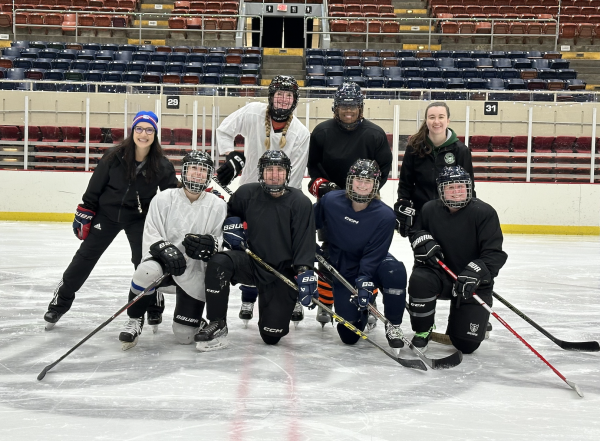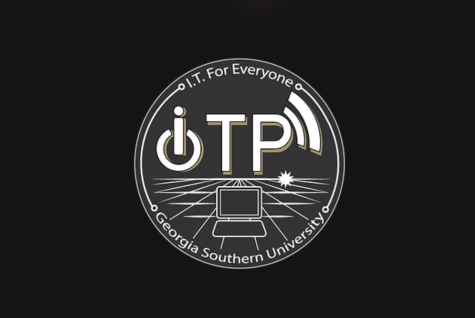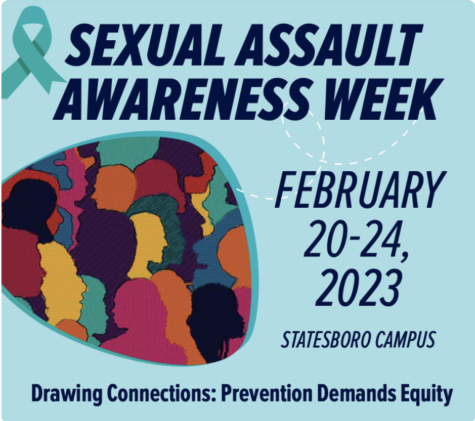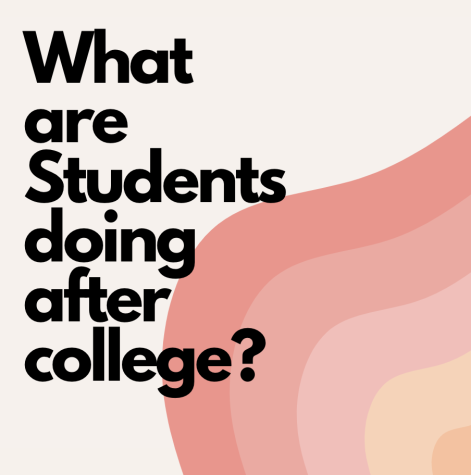Resume Cheat-Sheet
September 21, 2017
At some point in every student’s college career, they come to realize college will end one day. All that hard work you’ve put in needs to go somewhere, which can be a great, but also terrifying, exciting and nerve wracking prospect. Luckily, the real world comes in piece by piece when you’re still under the comforting umbrella of college.
While you may be thinking about future jobs, careers, employers, and the next phase of your life, remember it comes one step at a time. The first step is to build a resume. You’ll need it to show off how awesome, capable, and skilled you are when you finally decide to start applying for internships and jobs.
Keep this handy-dandy checklist with you to make the process a little less daunting.
Design
Some jobs want a very creative, embellished resume that shows off your individual style. Other jobs look for straight-laced resumes that detail professional development. Either way, you can create a well-designed resume that’s much better than a Microsoft Word template. If you’re the artsy type, try designing something yourself. If not, check out www.canva.com they have a selection of free templates you can use to reflect your personal style.
Fluff
Not all of us have a laundry list of merits to throw on our resumes. Most of us have never entered the professional world at all — that’s why we need the resume. Just because you don’t have a lot of experience doesn’t mean you can’t play yourself up a little bit. Any clubs, jobs, certifications, training, etc looks good on a resume.
Students are usually pretty tech and social media-savvy, which can set you apart from other candidates, so go ahead and add that as a skill! Any extracurricular activities you participated in outside of school could show that you have customer service or leadership experience. At the very least it shows you have work ethic, so spin the words the right way so that shows off to a potential employer.
Multiple Resumes
Most degrees, unless you specialize in something super specific, allow you to go into a multitude of fields. You don’t want to sell yourself short by not exploring all of your options. Usually you can tweak one or two aspects to fit a specific job option. Make sure you differentiate between an internship and a real life, “grown up” job. The skills and experience you should list can change depending on what kind of job you’re looking for.
Pairing
Resumes get your foot in the door. They are the bare-bones way of telling potential employers what they should know about you. You mention your school, major, experience, skills, and contact information, etc, on a resume. You always make sure to cover your bases.
However, a good cover letter is just as important. A cover letter is basically a sales pitch about why you would be a perfect fit at whatever job you’re applying to. Definitely make a new cover letter for each and every job you’re applying to. Scour the job listings for keywords or fun facts you can throw in to show you’ve done your research. If you can, try to find a former supervisor from a related field to the job you’re applying and see if they would be willing to write a letter of recommendation for you. Most jobs don’t require a letter of recommendation and sometimes they’ll look right over it, but it can’t hurt to have it. Sometimes it’s just the cherry on top.














